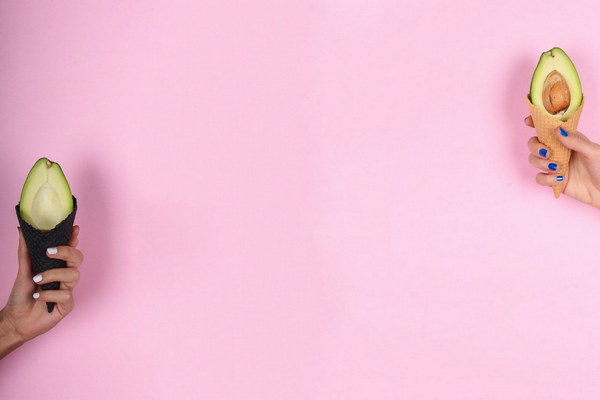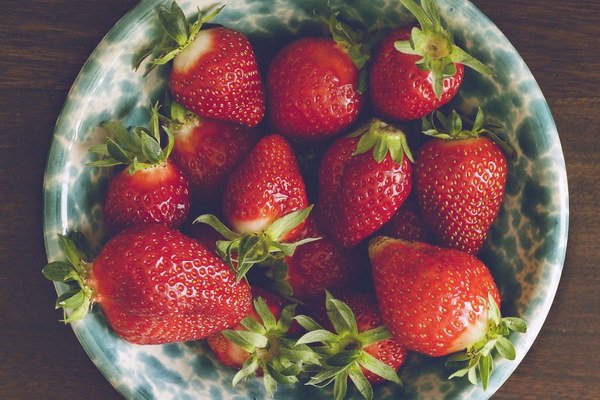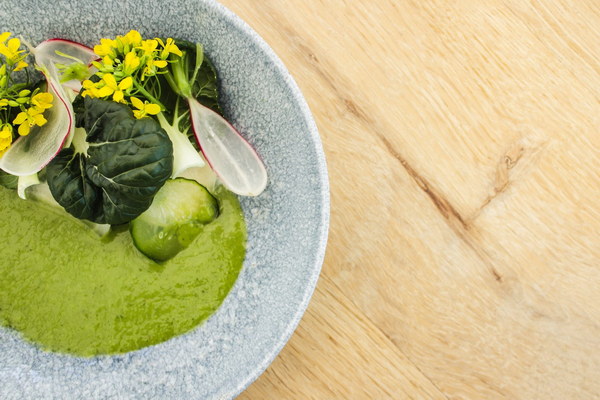Discover the Wonders of Chinese Medicine A Comprehensive Guide to Single Herbs for Tonification
In the realm of traditional Chinese medicine (TCM), the concept of tonification is central to maintaining and restoring the body's balance. By using single herbs, practitioners of TCM aim to strengthen and nourish specific organs or body systems, thus promoting overall health and wellness. This article delves into some of the most commonly used single herbs for tonification, exploring their properties, benefits, and applications.
1. Ginseng (Panax ginseng)
Ginseng is perhaps the most well-known herb for tonification in TCM. It is believed to enhance vitality, boost the immune system, and improve mental clarity. This adaptogenic herb is particularly beneficial for the spleen and kidney organs, which are responsible for energy production and overall physical strength. Ginseng can be taken in various forms, including raw roots, powders, and capsules.
2. Astragalus (Astragalus membranaceus)
Astragalus is another highly regarded herb for tonification, known for its immune-boosting properties. It is believed to support the spleen and lungs, which play crucial roles in the body's defense against illness. Astragalus is often used to combat fatigue, weakness, and respiratory conditions. It can be consumed as a tea, decoction, or in supplement form.
3. Codonopsis (Codonopsis pilosula)
Codonopsis, also known as Dangshen, is a popular herb for tonifying the spleen and lung systems. It is believed to improve energy levels, enhance appetite, and strengthen the immune system. Codonopsis is often used to treat fatigue, shortness of breath, and other symptoms related to weakened respiratory function. It can be taken as a decoction or incorporated into soups and stews.
4. Rehmannia (Rehmannia glutinosa)
Rehmannia is a key herb for nourishing the kidney, which is responsible for sexual function, fertility, and overall longevity. It is commonly used to treat weakness, fatigue, and reproductive disorders. Rehmannia is also believed to support the liver, which is crucial for the production of blood and regulation of emotions. This herb can be taken in the form of raw roots, powders, or extracts.
5. Goji Berries (Lycium barbarum)
Goji berries are a popular fruit in TCM, renowned for their tonifying properties. They are believed to enhance vitality, boost the immune system, and improve vision. Goji berries are particularly beneficial for the liver and kidney organs, which are responsible for energy and sexual health. They can be consumed raw, dried, or as a tea.
6. Licorice Root (Glycyrrhiza uralensis)
Licorice root is a versatile herb in TCM, known for its ability to harmonize the body's Yin and Yang energies. It is often used to tonify the spleen, stomach, and lungs, as well as to alleviate stress and fatigue. Licorice root is also believed to have anti-inflammatory and immune-boosting properties. It can be taken as a tea, decoction, or in supplement form.
7. Chinese Angelica (Angelica sinensis)

Chinese angelica is a popular herb for tonifying the blood, which is essential for overall health and vitality. It is often used to treat anemia, fatigue, and menstrual disorders. Chinese angelica is also believed to improve circulation and reduce pain. This herb can be taken in the form of raw roots, powders, or capsules.
In conclusion, traditional Chinese medicine offers a wealth of single herbs for tonification, each with its unique properties and benefits. By incorporating these herbs into their treatment plans, TCM practitioners aim to strengthen and nourish the body's organs, promoting optimal health and well-being. Whether you are seeking to enhance your energy levels, support your immune system, or address specific health concerns, exploring the world of TCM tonifying herbs may be a valuable addition to your wellness journey.









